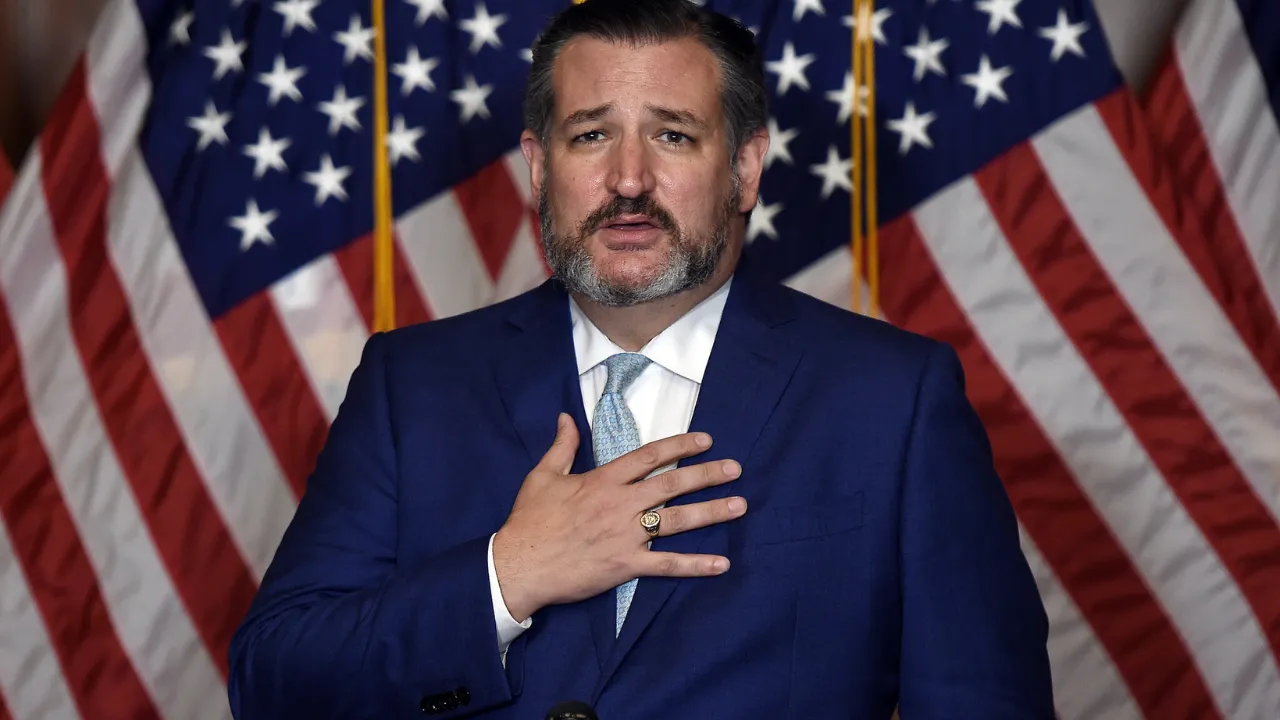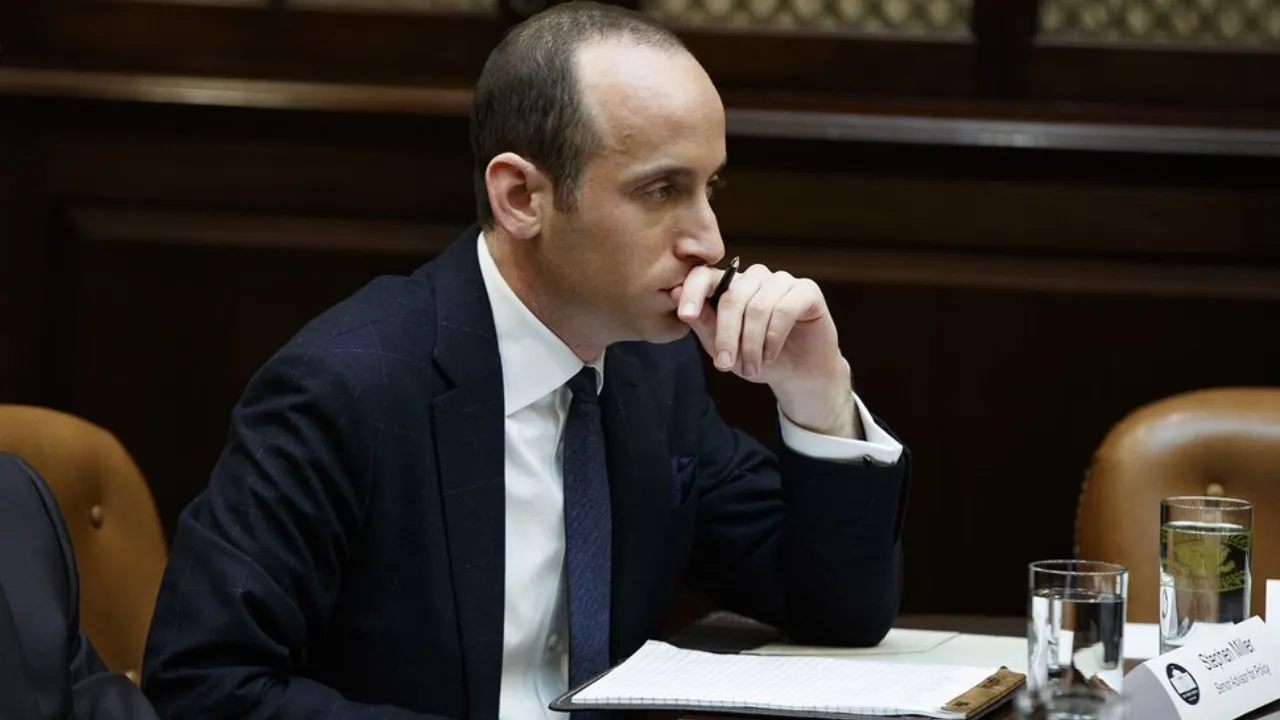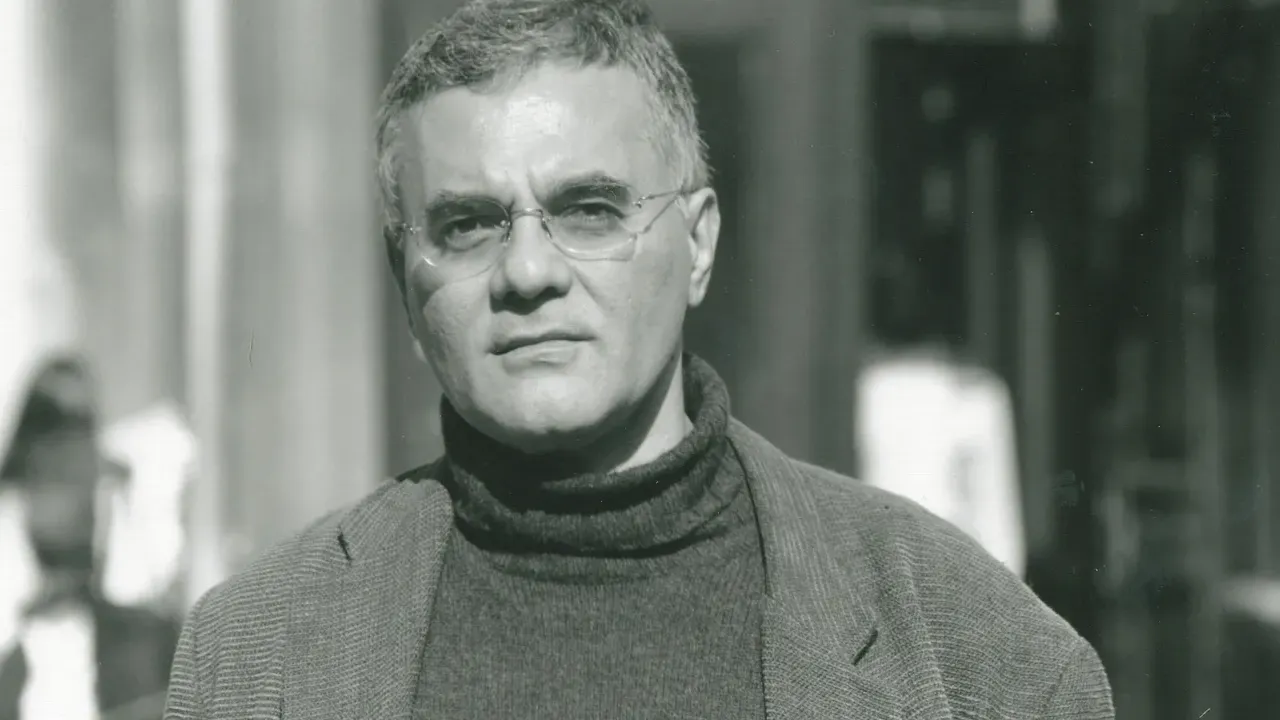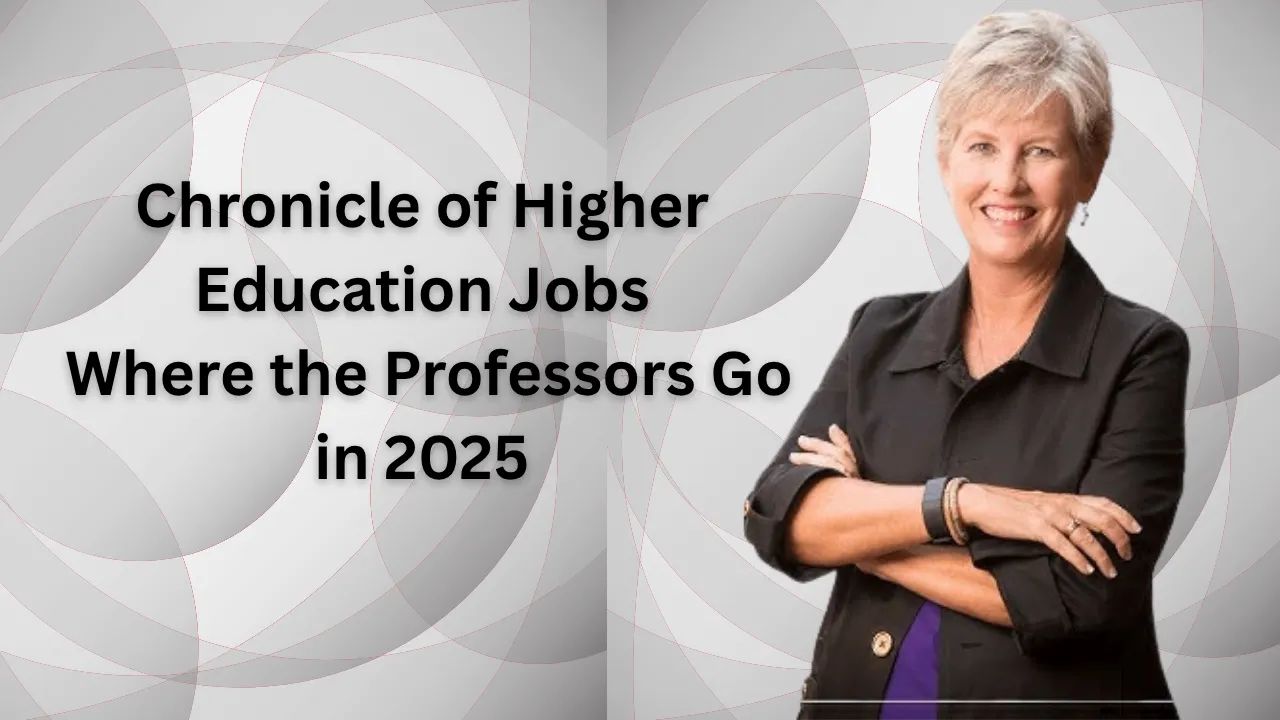Ted Cruz’s Education Journey: Ted Cruz has become a familiar name in American politics, known for his sharp intellect and unwavering conservative stance. But long before he stepped onto the Senate floor or took part in a presidential campaign, Cruz was navigating a path through some of the most prestigious academic institutions in the country.
His journey—from a standout student in Texas to earning degrees from Ivy League schools—helped shape both his legal expertise and political worldview. This academic background, often cited by his supporters and critics alike, has been a defining element of his public identity.
Ted Cruz’s Education Journey
Ted Cruz’s Education Journey highlights a deliberate pursuit of knowledge and leadership. After excelling at a respected Houston high school, he chose Princeton University to study public policy, where he honed critical thinking and communication skills. His tenure at Harvard Law School deepened his legal expertise and honed his editorial and research abilities. These academic credentials not only shaped his professional opportunities but also instilled a strategic mindset that propelled him into high-stakes legal roles and, ultimately, the U.S. Senate.
Overview Table
| Stage | Details |
| High School | Second Baptist High School, Houston – Valedictorian, 1988 |
| Undergraduate | Princeton University, B.A. in Public Policy, cum laude, 1992; debate team participant |
| Law School | Harvard Law School, J.D. magna cum laude, 1995; held editorial roles in top law journals |
| Clerkships | U.S. Court of Appeals (Judge Luttig); U.S. Supreme Court (Chief Justice Rehnquist) |
| Early Career | DOJ associate deputy attorney general; FTC policy director; private practice |
| Solicitor General | Texas Solicitor General (2003–2008); argued nine Supreme Court cases |
| U.S. Senate | Elected in 2012; took office in 2013; chairs Senate Commerce Committee as of 2025 |
High School Beginnings: Second Baptist in Houston
Ted Cruz’s academic excellence began at Second Baptist High School in Houston, where he graduated as valedictorian in 1988. Known for its competitive atmosphere and strong academic standards, the school provided a solid foundation for Cruz’s future endeavors. His early success demonstrated not just talent but also the dedication and discipline that would follow him throughout his career.
Undergraduate Studies at Princeton
At Princeton University, Cruz chose to study public policy—a field that bridged his interest in history, economics, and debate. Graduating cum laude in 1992, he also made his mark on the debate team, sharpening his public speaking and analytical skills. Princeton’s environment fostered intellectual curiosity and challenged him to engage deeply with key political and social issues. This period helped forge his foundational abilities in research, argumentation, and leadership.
Harvard Law School: Legal Training and Leadership
After Princeton, Cruz enrolled at Harvard Law School, earning his J.D. magna cum laude in 1995. Harvard provided more than legal knowledge—it offered platforms for influence and collaboration. Cruz contributed to the Harvard Law Review, the Harvard Journal of Law and Public Policy, and co-founded the Harvard Latino Law Review. These editorial roles reflect not only his academic talent but also his interest in shaping legal and cultural discourse at a national level.
Prestigious Clerkships: From Appellate to Supreme Court
Following Harvard, Cruz secured prestigious clerkships that further marked his credentials. He first worked with Judge J. Michael Luttig on the U.S. Court of Appeals for the Fourth Circuit, then clerked for Chief Justice William Rehnquist at the U.S. Supreme Court. These experiences offered him a deep dive into constitutional law, judicial reasoning, and national policy. The prestige and complexity of these roles positioned him for the influential legal career ahead.
Early Legal Career & Government Service
After his clerkships, Cruz transitioned into roles that blended legal practice with policy work. As associate deputy attorney general in the Department of Justice and later as policy director at the Federal Trade Commission, he engaged with high-level legal challenges and regulatory oversight. He also spent time in private practice, gaining experience in complex litigation and sharpening his legal acumen. These roles bridged the gap between legal theory and practical governance.
Texas Solicitor General: Supreme Court Litigator
From 2003 to 2008, Cruz served as Texas Solicitor General, becoming a powerful voice in constitutional law. He argued nine cases before the U.S. Supreme Court—an achievement few lawyers can claim. His work addressed critical issues such as gun rights, states’ autonomy, and federal limits. This period not only elevated his legal reputation but also demonstrated his ability to influence national legal precedent.
Election to the U.S. Senate
In 2012, Cruz moved from the courtroom to the campaign trail, winning his seat in the U.S. Senate. Sworn in by January 2013, he quickly became a prominent conservative voice. Known for eloquent speeches and spirited debates, he positioned himself against federal overreach and championed conservative principles. As of 2025, he holds the influential role of Chairman of the Senate Commerce Committee—an affiliation reflecting both his leadership trajectory and strategic focus on regulation and economic policy.
Balancing Academic Prestige with Populist Messaging
Cruz’s blend of Ivy League education and conservative populism defines his public persona. His academic credentials lend him authority in policy circles, while his messaging resonates with grassroots audiences who feel alienated by political elites. This dual image—combining top-tier legal pedigree with outsider appeal—has helped shape his political brand and sustain his influence.
Insights from Ted Cruz’s Education Journey
- Academic Consistency
From elite high school to Ivy League institutions, Cruz showed early and sustained intellectual discipline. - Public Advocacy & Debate
His debate participation reflects an early knack for persuasive rhetoric and policy engagement. - Legal Leadership
Harvard law roles and elite clerkships built a powerful legal foundation for political application. - Strategic Career Planning
Cruz’s path from top-tier education to public office was deliberate and examples of an ambition aligned with his beliefs. - Intellectual Credibility Meets Populist Appeal
Combining elite credentials with conservative messaging has allowed him to connect with both institutional insiders and broader voter bases.
Conclusion
Ted Cruz’s Education Journey offers a clear example of how elite academic paths can shape public figures. His academic awards, debate skills, Harvard legal training, and Supreme Court clerkships paved a route to high-impact political roles. His evolution from student to senator illustrates how intellectual preparation can fuel public influence—and how credentials can be leveraged to build a political brand.
Final Thought & Call to Action
Ted Cruz’s journey from Ivy League student to Senate leader demonstrates the potent combination of rigorous education and strategic ambition. It reminds us how knowledge, skill, and leadership can shape public life. So, what about your education journey? How has schooling and learning influenced your goals or values? Share your experiences in the comments below. If this article inspired you, pass it along to someone who appreciates how academic achievements can impact public service—and consider exploring further what makes a leader credible and connected in today’s world.

















